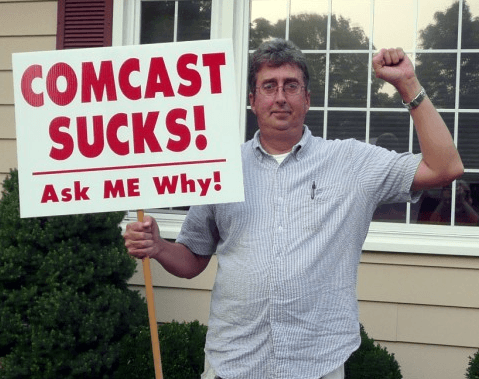 Washington’s Attorney General on Monday issued a consumer alert targeting Comcast for billing customers for its Service Protection Plan (SPP) without consent.
Washington’s Attorney General on Monday issued a consumer alert targeting Comcast for billing customers for its Service Protection Plan (SPP) without consent.
Attorney General Bob Ferguson announced in December new evidence obtained as part of his ongoing lawsuit against the cable and internet giant revealed that Comcast may have signed up more than half of all SPP subscribers without their consent. Since Ferguson filed an amended lawsuit, the Attorney General’s Office received more than 100 complaints from Comcast customers, including 74 about the SPP. Of those, more than 50 claim Comcast added the plan to their account without their consent.
Comcast markets the $5.99/mo plan as insurance against surprising service call fees or inside wiring replacement costs. But Ferguson accused Comcast of not clearly disclosing that its service plan does not cover one important and common expense customers with wiring problems could encounter — repairing defective wiring “wall-fished” inside walls. In many cases, SPP customers were told to hire an independent electrician to manage wall-fish installations and repairs.
Ferguson initially filed a $100 million lawsuit against Comcast in August 2016 alleging deceptive conduct and racking up more than 1.8 million violations of Washington’s Consumer Protection Act. More than half a million Comcast subscribers in the state subscribe to its SPP, delivering Comcast more than $73 million in revenue from 2011-2015. Ferguson claims many customers were told they would be enrolled for free, only to later discover an ongoing $5.99 fee on each monthly bill.
“This new evidence makes clear that Comcast’s conduct is even more egregious than we first realized,” Ferguson said. “The extent of their deception is shocking, and I will hold them accountable for their treatment of Washington consumers.”

Ferguson
Comcast’s fight to keep Washington’s Attorney General from hearing how it markets its SPP
In May 2017, King County Superior Court Judge Timothy Bradshaw ordered Comcast to provide the Attorney General’s Office with “telephone calls that exist in which [Comcast] sold the SPP to Washington consumers.” In response to the court order, Comcast turned over to the Attorney General’s Office recordings of calls between Comcast and 1,500 Washington consumers whom Comcast signed up for the SPP.
The Attorney General’s Office analyzed a random sample of recorded sales calls between Comcast and 150 Washingtonians. Comcast did not even mention the SPP to nearly half the sample. Additional consumers in the sample explicitly rejected the SPP, but Comcast signed them up anyway. Consequently, Comcast enrolled more than half of these subscribers without their consent.
Even when Comcast actually mentioned the SPP on the sales call before signing consumers up for the SPP, Comcast continued to engage in deception. Comcast deceptively failed to disclose the SPP was a monthly recurring charge to 20 percent of the Washingtonians in the sample. Rather, Comcast often told subscribers the SPP was added for “free” to their account.
According to Comcast’s own data, more than 75% of SPP subscribers sign up via the telephone. Comcast operates call centers in Washington state, Colorado, Minnesota and Texas, as well as throughout the world in the Philippines, Mexico and Guyana. Comcast paid call center staff up to $5 for every SPP sale they made.
Comcast does not instruct its employees to send customers any information about the SPP via email, text message, mail, or refer the customer to Comcast’s website while the call is occurring and the customer is considering whether to enroll in the SPP. Rather, Comcast only provides oral representations about the SPP.
The Attorney General’s Office alleges this pattern of deception is a systemic issue throughout Comcast’s marketing and “sale” of the SPP, and represents potentially tens of thousands of new violations of the Washington state Consumer Protection Act.
Comcast had spent over a year fighting the Attorney General’s Investigative Demand notice that required the company to preserve and produce recordings between Comcast employees and customers who bought the SPP. In May 2017, Comcast’s attorneys finally admitted the company deleted 90% of the call recordings it was originally compelled to produce.
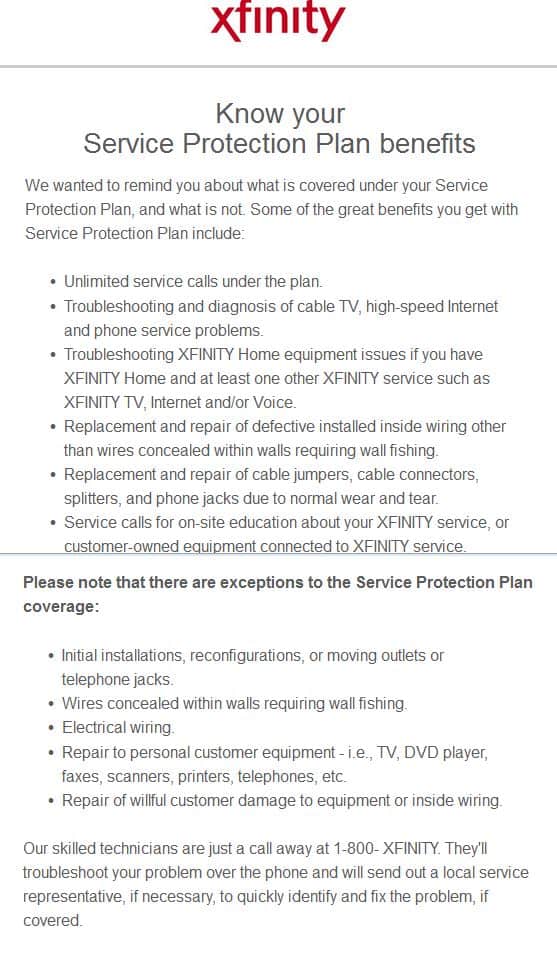
Damages
Ferguson is seeking full restitution of the $73 million Comcast collected from Washington subscribers along with penalties that will cost Comcast over $100 million if the company is found to be liable.
Ferguson is still enlisting affected customers in his legal effort. Check your bill — if you believe you’re being charged for the SPP without your consent, file a complaint with the Attorney General’s Office.
 Comcast is raising internet speeds of several of its XFINITY internet service plans in the northeastern United States as it continues to battle Verizon’s fiber to the home network FiOS.
Comcast is raising internet speeds of several of its XFINITY internet service plans in the northeastern United States as it continues to battle Verizon’s fiber to the home network FiOS.

 Subscribe
Subscribe The country’s largest cable internet service provider needed help from an app developer in Portland, Ore. to let it know its broadband pipes were full and to do something about it.
The country’s largest cable internet service provider needed help from an app developer in Portland, Ore. to let it know its broadband pipes were full and to do something about it.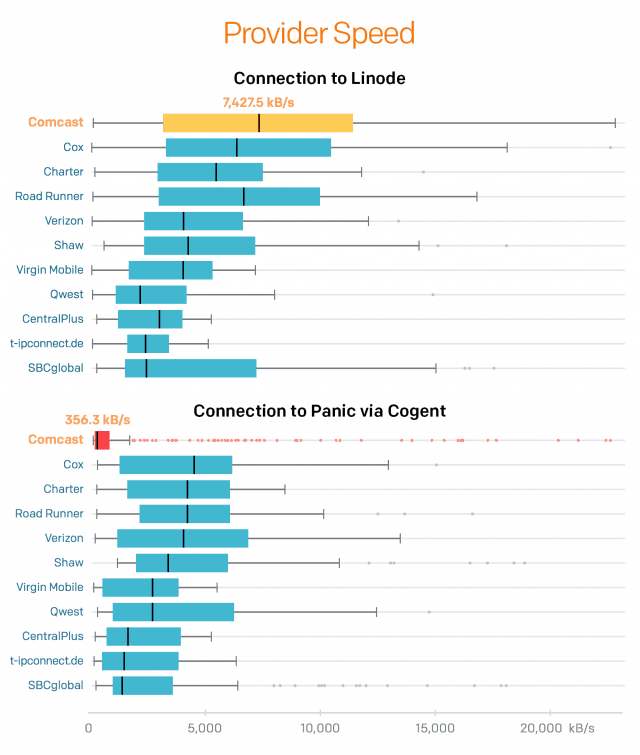
 In addition to giving the internet public policy community new evidence that peering fights leaving customers stuck in the middle might be heating up once again. It also suggests if Comcast was unaware of the problem, it does not reflect well on the cable company to wait weeks until a customer reports such a serious slowdown before fixing it.
In addition to giving the internet public policy community new evidence that peering fights leaving customers stuck in the middle might be heating up once again. It also suggests if Comcast was unaware of the problem, it does not reflect well on the cable company to wait weeks until a customer reports such a serious slowdown before fixing it.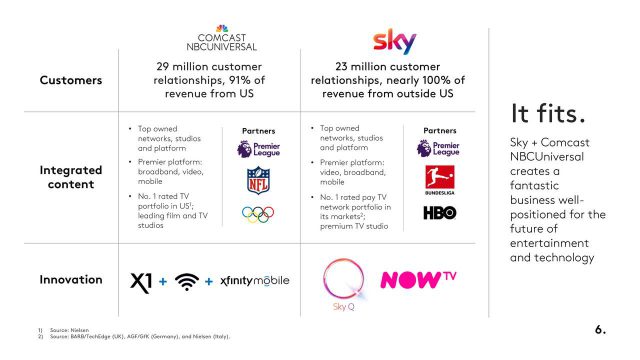
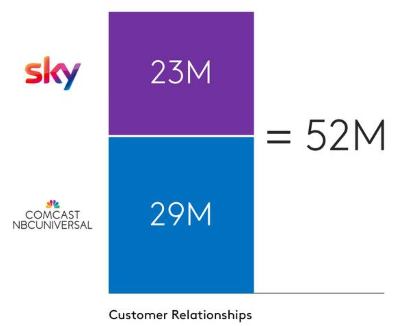 That three American companies are now competing to acquire Europe’s largest media company and biggest pay-TV broadcaster, with more than 23 million subscribers, could create concern among some regulators about foreign ownership of the media. A bid from Comcast is likely to be less controversial than dealing with Rupert Murdoch, however, who already has extensive media holdings in the United Kingdom.
That three American companies are now competing to acquire Europe’s largest media company and biggest pay-TV broadcaster, with more than 23 million subscribers, could create concern among some regulators about foreign ownership of the media. A bid from Comcast is likely to be less controversial than dealing with Rupert Murdoch, however, who already has extensive media holdings in the United Kingdom.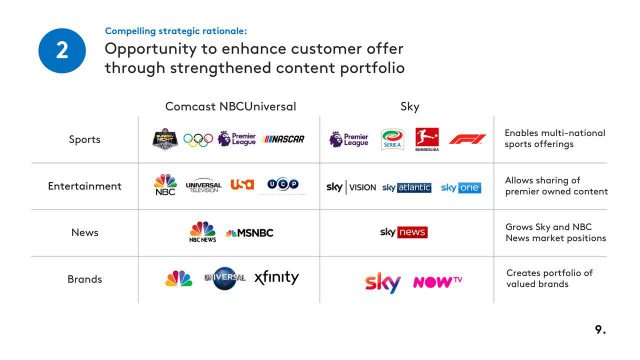
 Comcast took more than $1,000 out of a West Fargo, N.D., resident’s checking account, despite the fact she isn’t a customer and Comcast doesn’t offer cable service in North Dakota.
Comcast took more than $1,000 out of a West Fargo, N.D., resident’s checking account, despite the fact she isn’t a customer and Comcast doesn’t offer cable service in North Dakota. Washington’s Attorney General on Monday issued a
Washington’s Attorney General on Monday issued a 

